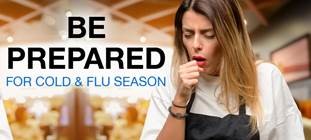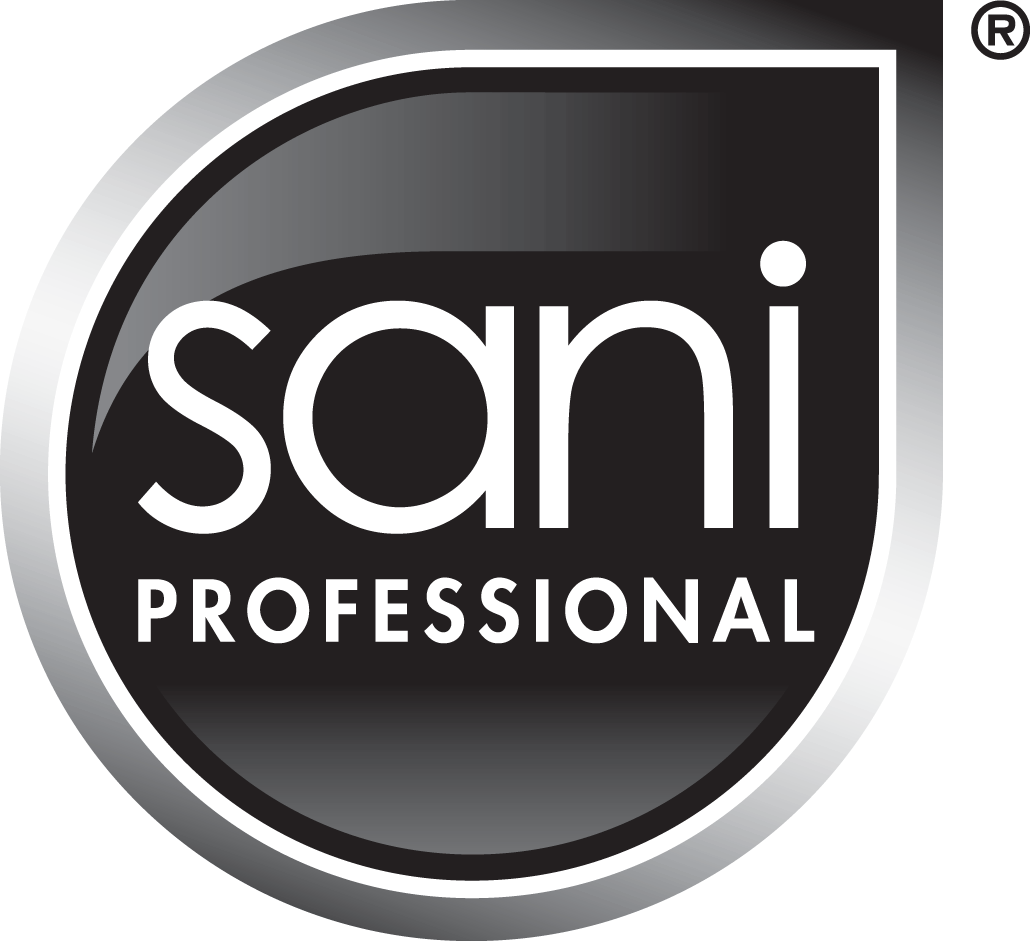Welcome to the Sani Professional® TripleTake Q&A — 3 questions, 3 answers each — with hospitality food safety expert, Nancy Caldarola, Ph.D. Nancy has ‘grown up’ in the hospitality industry and held senior positions in Operations management and Corporate Training & Development. Nancy is a Registered Dietitian and earned a Ph.D in Business Administration, an MA in Human Resources Development, and an MBA. She has been providing food safety education since the mid-1970s and was involved with the NRA ServSafe® manager certification program since its introduction to the industry. Nancy currently represents the Association of Convenience and Petroleum Retailers (NACS) on the FDA Retail Food Store Food Safety Partnership. Dr. Caldarola is General Manager of Concept Associates Inc., a hospitality/retail education and consultancy group based in Atlanta, GA.
1. Can you share 3 ways to help foodservice operators offset rising labor costs?
Nancy Caldarola:
- Never stop training – a cross-trained staff grows employee skills giving them more opportunity and you scheduling flexibility.
- Review your weekly work schedules and determine if the labor matches the number of customers being served. A Sales-per-Labor–Hour metric will give managers clear details on productivity.
- Consider the federally sponsored Work Opportunity Tax Credit (WOTC) that is available to all businesses who hire employees from eligible groups; there is no limit on the number of employees submitted for the tax credit. (WOTC.com)
2. With such a tight labor market, what are your top 3 tips for ensuring food safety procedures are followed properly even when staff is spread thin?
Nancy Caldarola:
- CHECKLISTS! These help the employees meet the necessary sanitation protocols. The checklist must become a habit for the staff. Everyone on the foodservice team should be assigned a role in cleaning and ensuring food safety. [Download Daily Checklist and Weekly/Monthly/Quarterly Checklist]
- Buckets of hot, soapy water and sanitizer are often forgotten and after one use are ineffective. Using multi-surface sanitizing wipes in the kitchen and cleaning wipes in the dining room are efficient and effective for today’s lean staffing.
- Start a new habit – mandatory hand washing on the hour for all employees – front and back of house. “On the hour” does not replace normal hand washing protocols but keeps this important food safety action top of mind.
3. What are your top recommendations to prepare for the cold and flu season and prevent employees from being sick?
Nancy Caldarola:
- Employees will seldom admit that they are ill. To minimize the spread of the flu, encourage employees to get an annual flu vaccination, available for free through some health agencies.
- WASH HANDS OFTEN. Good hand hygiene is the easiest way to defend against the spread of colds and flu. Managers should ensure employees follow hand hygiene policies.
- The flu virus is often spread when we take high-touch surfaces for granted. Tables, menus, door handles, etc. should be properly disinfected often with a product effective against the flu virus and other pathogens.

Click here for more information about Keeping the Flu out of Foodservice.
\For more information about how Sani Professional can help improve food safety and customer experience in your establishment, click here to see our Products page. To speak with a product expert, click here to Contact Us


